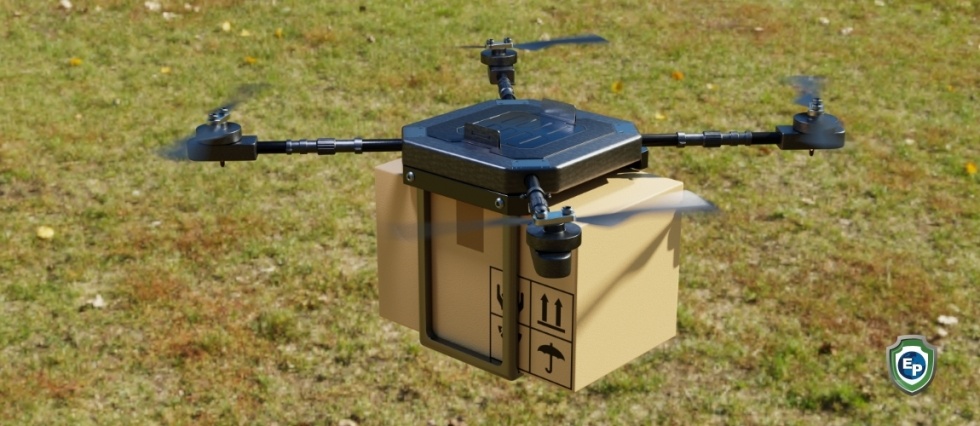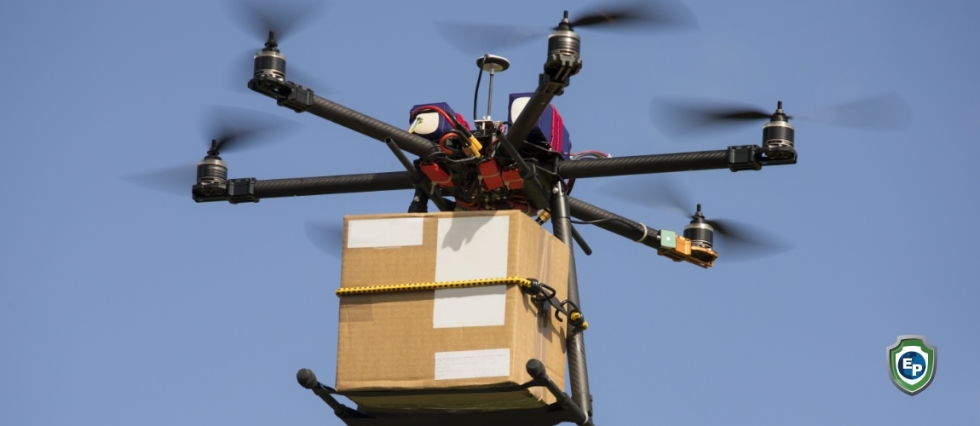Jumia to Deliver in Remote Places in Ghana with Drones
Introducing a revolutionary new way to shop: Jumia now delivers to remote places in Ghana with drones! Shop with ease and convenience from anywhere in the country.

Africa’s biggest e-commerce company is partnering with US logistics firm Zipline to do drone deliveries in Ghana. The project is part of a plan to transform e-commerce across the continent and allow small businesses to bypass current hurdles in shipping.
Building the partnership
Autonomous delivery systems have already achieved great results in healthcare delivery in East Africa. Zipline uses its drones to make blood deliveries and transport medical equipment to hospitals in Rwanda. Based out of California, the company has already made more than 4 million deliveries worldwide, many of which go to remote hospitals.
As an experienced retailer on the African continent, Jumia understands the market and the challenges posed by bad roads, connectivity, and remote areas where they can’t always deliver. The partners are hoping Jumia’s retail network of distributors will help apply Zipline’s technology in places that are not mapped.
Possible challenges
Ghana will provide a good test ground before Jumia extends the drone service to Nigeria and Ivory Coast. However, building this system to work across borders within Africa might need help in cases where the customer and the warehouse are found in different countries. The company runs over 30 warehouses in 11 countries.

Before that, regulatory issues would be resolved with different governments before flying drones across borders. The most important element in placing and receiving orders, internet connectivity, is still just over 40 per cent.
Some distributors can mitigate this by receiving and keeping goods destined for clients living in their area. Payment systems would also have to be upgraded so that more people can take advantage of the growing pace of delivery.
Sustainable delivery
Zipline claims its drones deliver over 94 per cent fewer carbon emissions than cars, vans, or electric vehicles, making this system a possible standard for retail delivery in Africa. If its success with healthcare delivery can be replicated with e-commerce, this is one of the most exciting experiments that could boost e-commerce across Africa.
Stay in the Loop with Export Portal
To find out more about how you can successfully trade at an international level and build your export and import website, make sure to check out Export Portal’s Blog Page!


















Comments 0